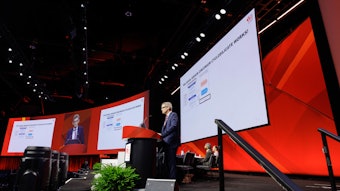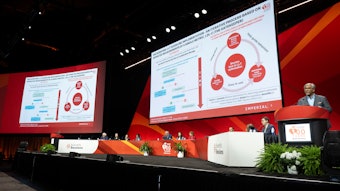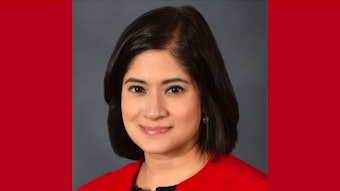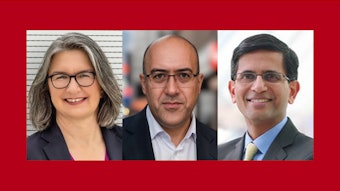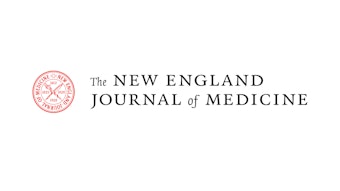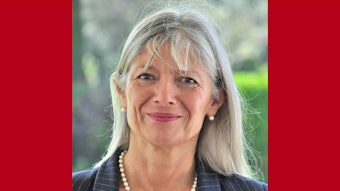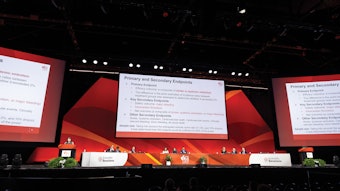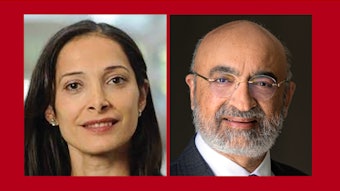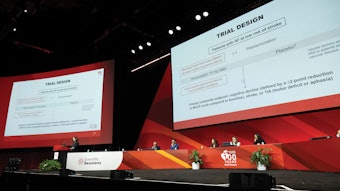Early Career Investigator Showcase illuminates paths forward in research
Friday session highlighted AHA-funded population and clinical scientists.
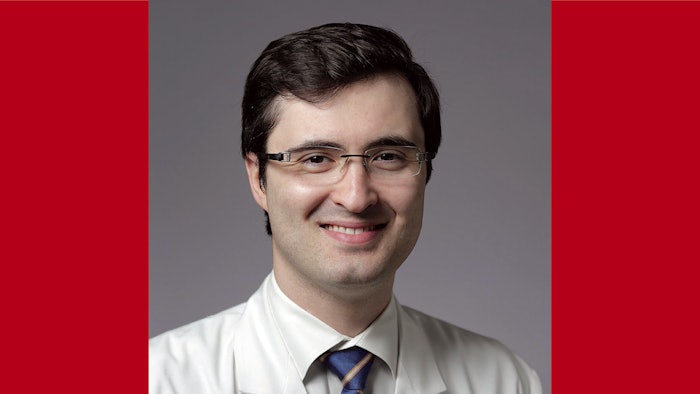
Attention to research in a cardiology career can be arduous yet rewarding — especially when that research leads to life-changing patient outcomes.
Getting started early is an important first step, and one that the American Heart Association fosters in many ways. One example is the AHA Early Career Investigator Showcase, an annual event at Scientific Sessions.
Marat Fudim, MD, MHS, associate professor of medicine at Duke University School of Medicine in Durham, North Carolina, was the director of this year’s showcase spotlighting AHA-funded investigators in clinical and population science.
Fudim said his experience with the showcase years ago strengthened his devotion to shaping future patient care.
One of his first experiences with Scientific Sessions was as a fellow at the Early Career Day, he said. “It shaped my outlook on mentorship, networking and academic work as a fellow and beyond.”
The showcase spotlights inspiring young AHA-funded investigators, he said. “This session is a platform for predoctoral fellowship, postdoctoral fellowship and career development recipients to discuss their exciting research, receive exposure at a critical junction in their career and make more connections within the AHA early career community and larger AHA community.”
Clinical research can range from pure data projects to randomized clinical trials with novel interventions, such as drugs and devices,” Fudim said. “The fact that a researcher can participate in all types of research during the span of their career is fulfilling and promises never to get boring.”
Since his early exposure to the research showcase, Fudim said he has watched his own research projects, and those of his early career colleagues, translate into clinical practice.
He has also benefited from his involvement with the showcase — for instance, the opportunity during last year’s meeting to connect with AHA Fellows in Training and Early Career members.
“I learned about their pathways in clinical medicine and clinical investigation,” Fudim said. “The Early Career Day is not primarily focused on communicating original research, but rather how to fund, publish and conduct successful and impactful research projects.”


